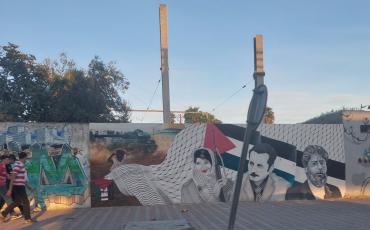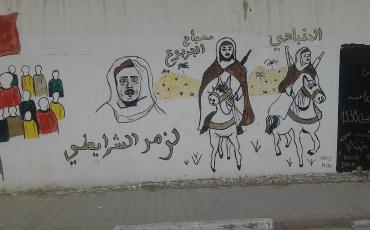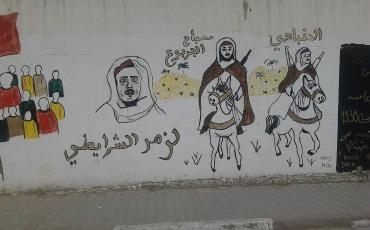Ten years after the Ben Ali Regime was overthrown, Tunisians are protesting again. They demand the end of corruption, the release of imprisoned demonstrators and, public freedom. In short: everything they fought for during the revolution of 2011.
On January 14, 2011, Zine el-Abidine Ben Ali fled Tunisia, which his authoritarian regime had ruled for over 20 years. With Ben Ali’s departure, the Tunisian revolution had booked its first victory. On this exact date, ten years later, people are protesting once again all over the country. Despite the security forces responding with violence, the demonstrators are determined to make themselves heard.
Reasons for the protests
One of the main causes of the 2010/2011 revolution was the precarious economic situation in Tunisia. The lack of economic relief transformed the revolutionary enthusiasm into frustration. The youth unemployment rate has reached 36 percent (in 2010, the youth unemployment rate was at 29 percent). The fledgling economic recovery during the first months of 2020 was quickly stopped in its tracks due to the Covid-19 crisis. This created a desperate situation for many Tunisians. To express their despair, many young people protested in the streets, sometimes violently, during the curfew.
The movement started in the economically weak cities of Kasserine and Sidi Bouzid. Like in 2011, the deep economic crisis fuels broad support for the demonstrations. However, the protests are not only economically but also politically motivated.
The movement opposes the current government and in particular, the Islamist party Ennahda, which constitutes the strongest block in the government coalition. According to the activists, Ennahda is responsible both for numerous corruption scandals within the political elite and the economic crisis.
According to Human Rights Watch, 1540 people have been arrested since the start of the demonstrations on January 14, 2021. Not only protesters but also those who expressed their solidarity with the protests on social media were arrested. The release of the detainees has meanwhile become one of the protesters’ main demands.
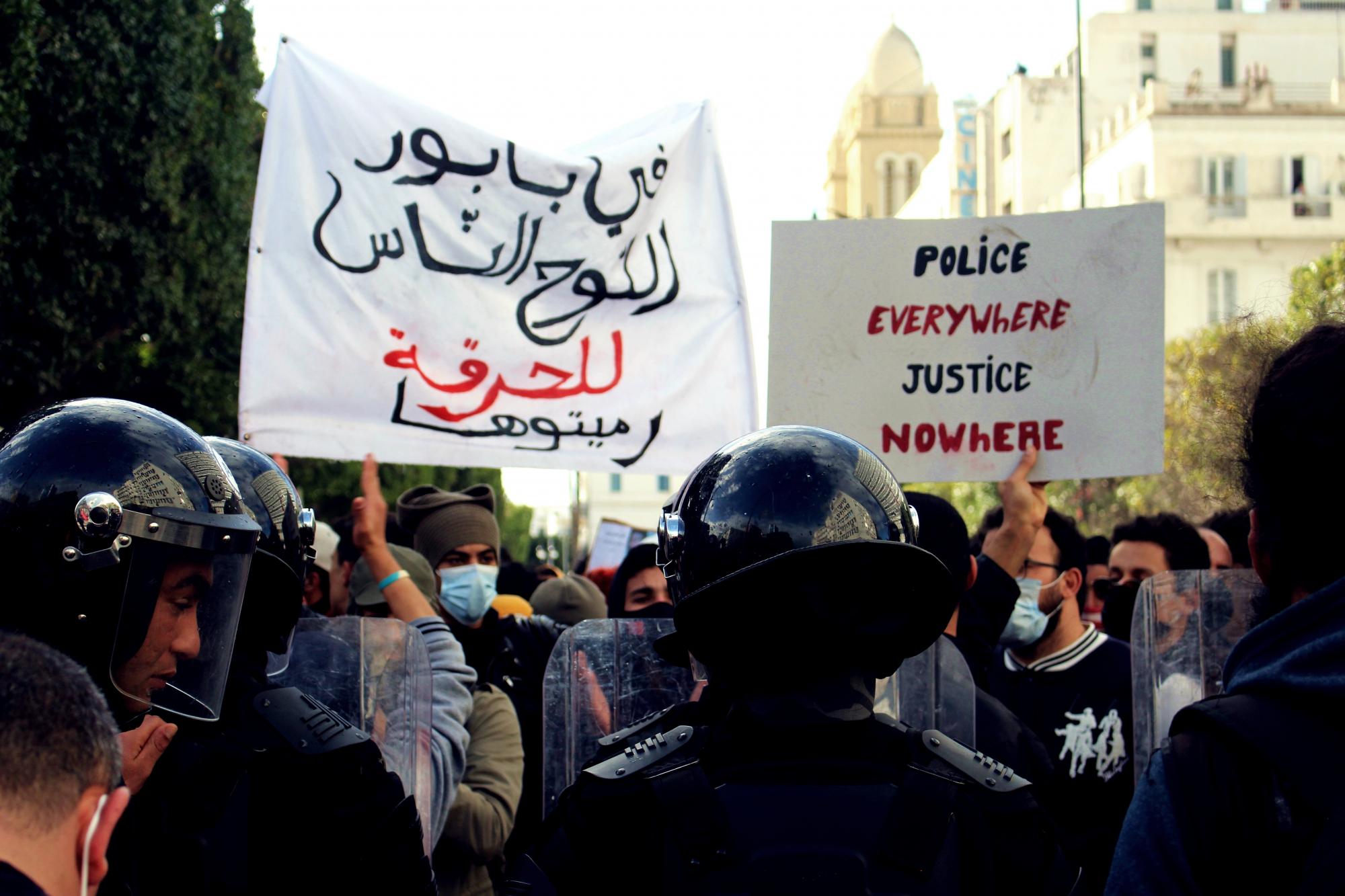
Radwan Masmoudi, a member of the Ennahda party, stated in an interview with TRT World last Tuesday: “In a democracy, there is no revolution. There is a right to protest which will be protected, but you cannot overthrow the current […] government simply by protesting. If you protest peacefully, we will protect you. If you use violence against anybody, you will be punished, you will be arrested, and you will go to jail. That’s how democracy works.”
Additionally, Masmoudi compared the demonstration on January 26 at the Tunisian parliament building with the storming of the United States Capitol just three weeks before to justify the police’s violent reaction to the protests. In an earlier demonstration, on January 18, police and demonstrators clashed and one demonstrator lost his life in the turmoil of the protest in Kasserine.
Another scandal adding fuel to the fire is a 30-year jail sentence for three young people on January 29. The legal basis for this decision is law number 52, which criminalizes the consumption of cannabis. However, this law dates back to the era of the former dictator Zine el-Abidine Ben Ali. Usually, the sentence for cannabis consumption is five years.
Last Friday, 66 civil society organizations signed a list of demands, addressing the government. They demand ending the violent police interference, the abolition of law number 52, the investigation of the death of a protester in Kasserine, and the immediate release of the arrested protestors.
Fighting for media attention
The established media are rather unimpressed by the wave of protests and hardly cover the events. Nevertheless, some journalists like Haythem El Mekki, report the movement. He works for Mosaique FM. El Mekki presented a sarcastic poem about the current political situation including live recordings from the protests in Sfax. The Facebook post of the poem spread rapidly on social media. Nawaat, an online magazine, which had already covered the revolution of 2010/2011, broadly and continuously covers the current events.
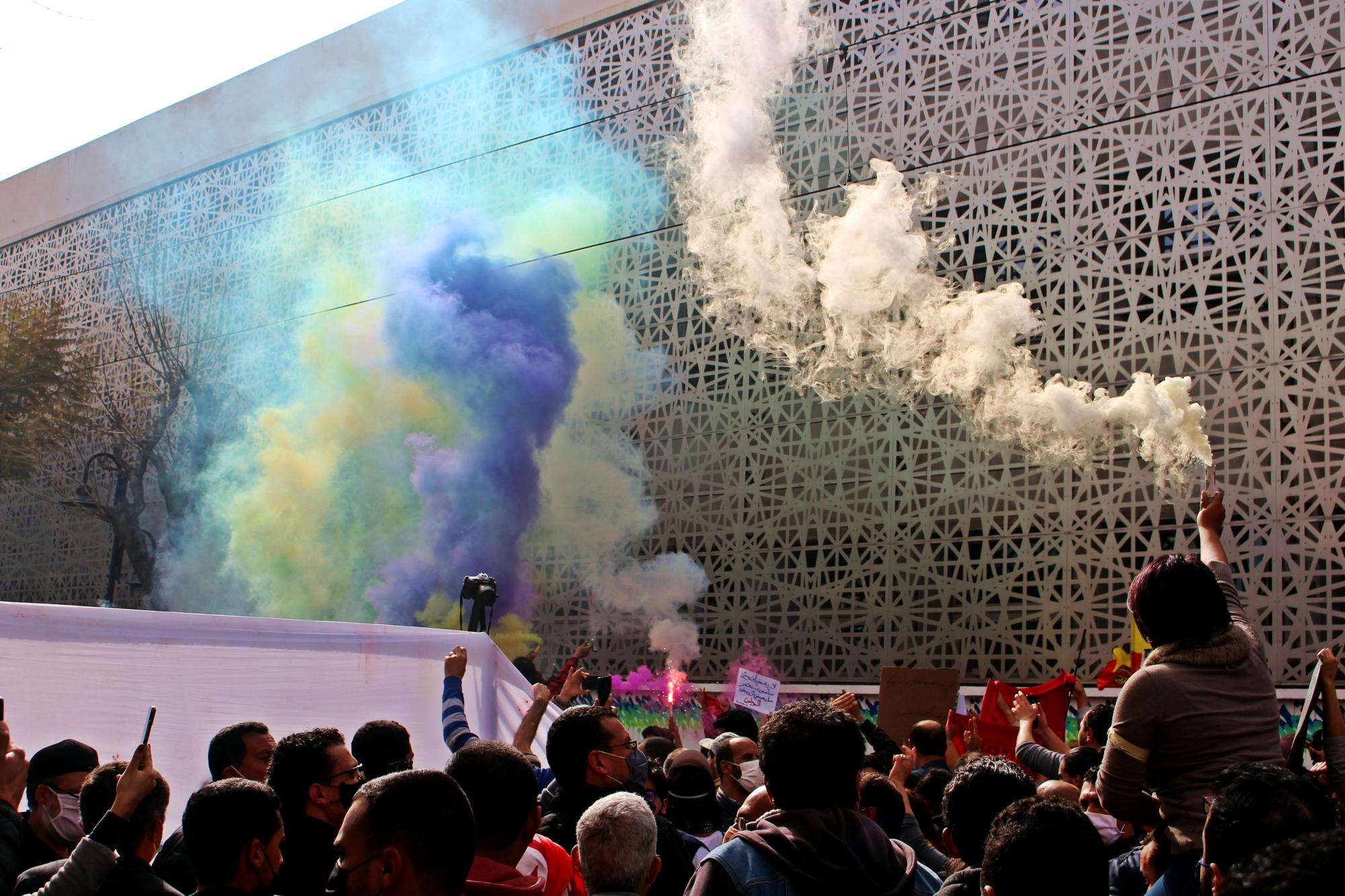
Furthermore, activists share information with each other, post photos of injuries caused by police violence, and spread content from journalists. On Facebook, many Tunisian users have added a banner to their profile picture which calls for the abolishment of law number 52.
The revival of the revolution
Hamma Gammara regularly participates in the protests in Tunis. He joined the demonstrations because he believes they aim to reinvent political and civil society. Despite the notable popularity of the movement, there are some more hesitant voices. Karama Habli, a student from Sfax, looks at the protests critically: “The problem is that nobody knows what they actually want. They have different messages. Some of them are advocating for diversity and against the Islamist party, some protest for economic reasons, some protest police violence,” Habli tells dis:orient.
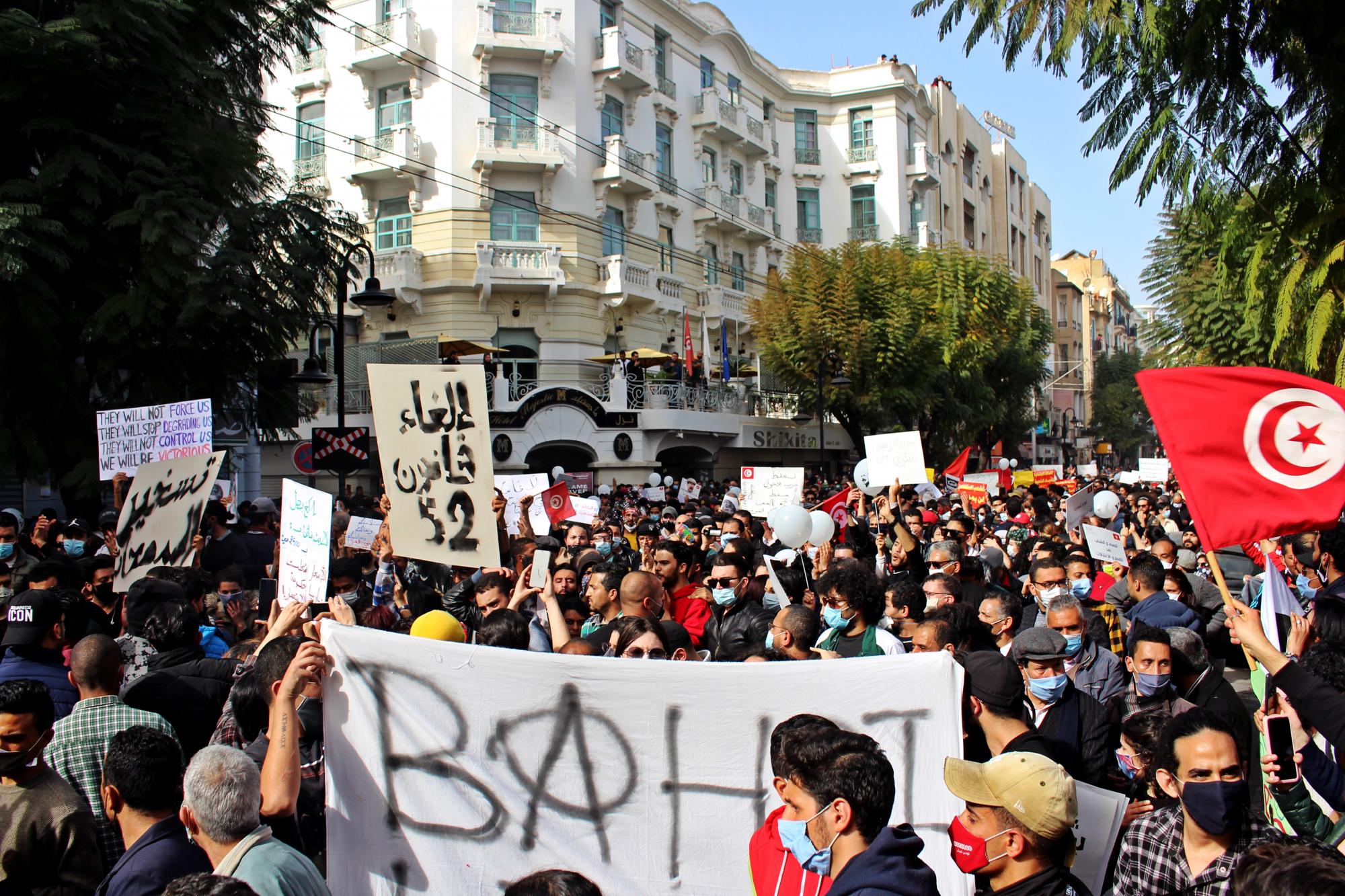
Despite their differences, protestors gathered again in Tunis on February 6, which is a day of significance for the liberal and secular movement: On this day in 2013, the politician Chokri Belaid, who had been fighting for the separation between religion and state during the transitional process after the 2011 uprisings, was assassinated. The influential trade union federation UGTT was also part of the protests, attracting people from all parts of society. The police explicitly denied young protesters access to Avenue Habib Bourguiba, where the demonstration had its final gathering.



